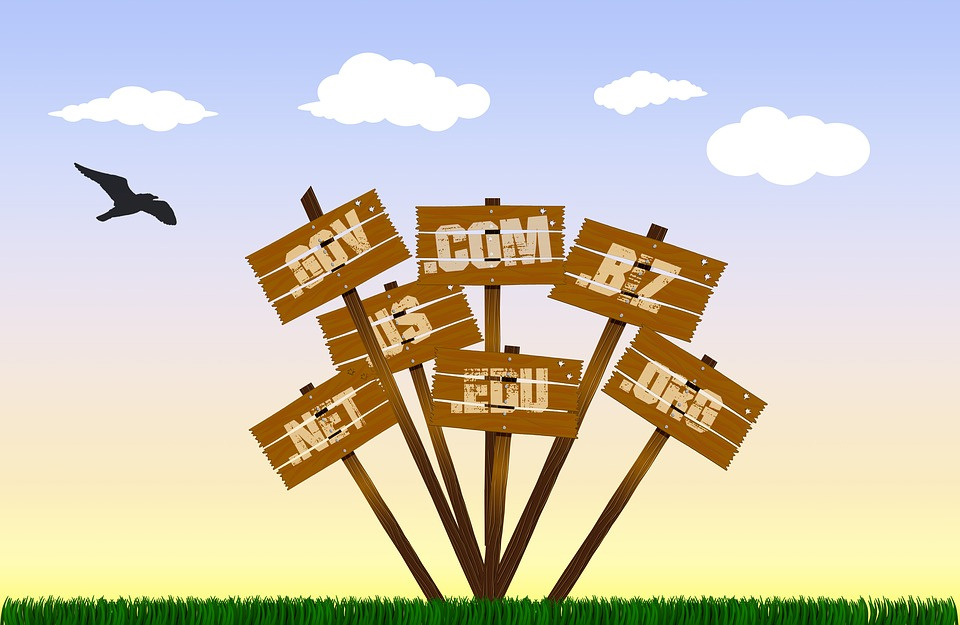A domain name is the identity you choose to give your business online. This is why they have become crucially important for businesses. While most people are unaware of them, there are the laws and regulations that apply to domain names and these should be taken seriously.
Unless there is an issue of some kind, it is rare for most businesses to seek out the laws pertaining to domain names. As conscientious business owners, it is important to understand the relevance of a domain name and potential issues associated with them. Domain names are generally considered to be intellectual property and safeguarding these valuable assets can be important.
Here is a brief overview to help you understand the laws governing domain names and when you need to approach a law firm for assistance.
What are Domain Names?
Just as we all have names that help in identifying ourselves, every website has a domain name. A business may own several different domain names. An example of a popular Canadian brand with its own website and domain(s) is mccain.ca and mccain.com, which no other company may use. Likewise, if an American brand has a Canadian presence, then they often have a .ca address to ensure that another business will not use their name.
Significance of Domain Names
A good domain name plays a role in directing internet traffic to your website. Distinct domain names can help potential customers remember your website and provide a channel for showcasing products in the market. A portfolio of domain names may add economic value to a business. No two domain names are the same, with each domain name acting like a phone number for the internet. This prevents more than one party from registering to use the same domain name.
What does the Law Say About Domain Names?
The World Intellectual Property Office (WIPO) has a domain name dispute board that deals with issues related to domain names. Often, however, a domain name is also protected as a trademark which is governed by the Canadian Trademarks Act. Utilizing domain names that could be considered confusing with another business could result in a legal dispute related to trademark rights. It is often necessary in these cases to hire a trademark lawyer to assist in these matters.
When an issue related to trademarks and domain names occurs, a cease and desist letter issued by one party to another may be sufficient to end the issue. If it is not, parties may end up in arbitration, mediation or in court to settle the dispute.
The Trademarks Act is used to provide protection to a business’s brand – names, logos, slogans, sounds and other distinct elements may be trademarked. Trademark protection allows the trademark owner to prevent third parties from using the same or a similar brand in a way that would be likely to confuse potential consumers. A distinct identity can result in better brand recall for customers. The inability to achieve a distinct identity can hurt businesses and registering trademarks can be a way of protecting the distinct identity created by a business. Registering a domain name as a trademark is highly recommended and purchasing the domain names that correspond to your trademarks is also recommended. This can help to prevent a scenario where the domain name you want is held by a cybersquatter.
What is Cybersquatting?
Cybersquatting occurs when a person who doesn’t have a business interest in a particular trademark registers a domain name containing that trademark. However, the intent of the person is not to use the trademark to promote their business but rather to re-sell the domain name to the owner of the trademark for an exaggerated price.
If your domain name has been copied by another business or you suspect you may be a victim of cybersquatting you should consult a trademark lawyer.

